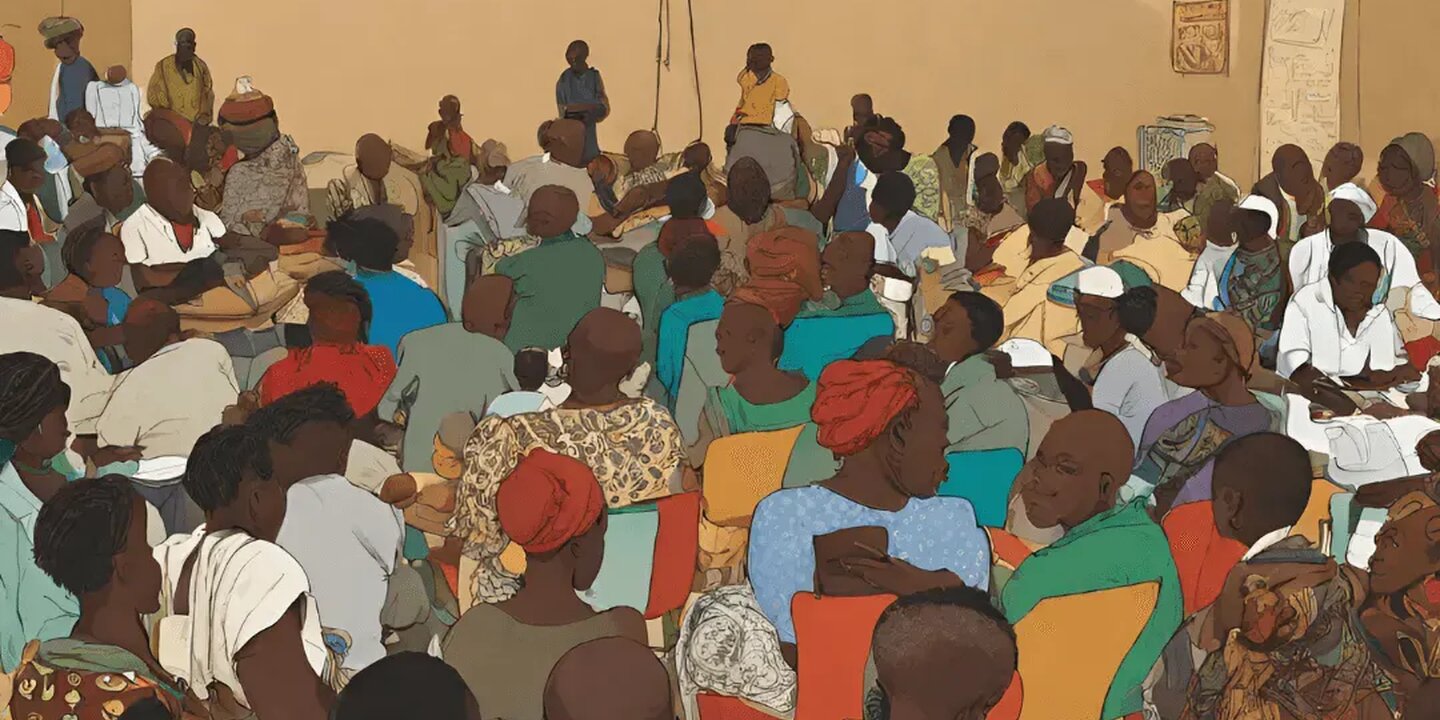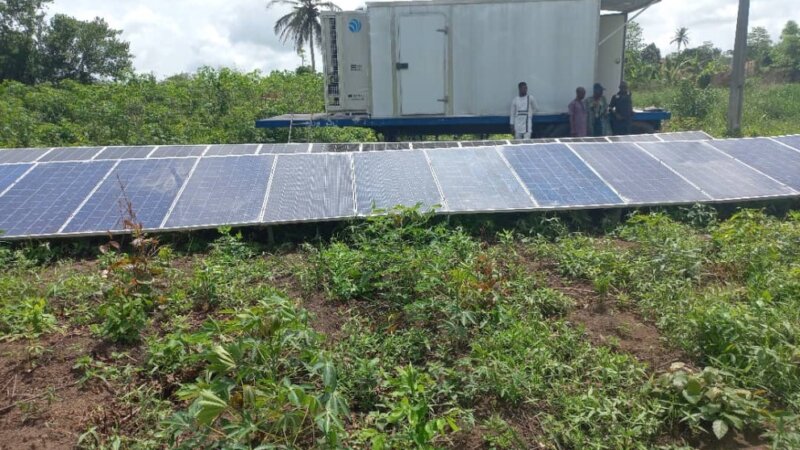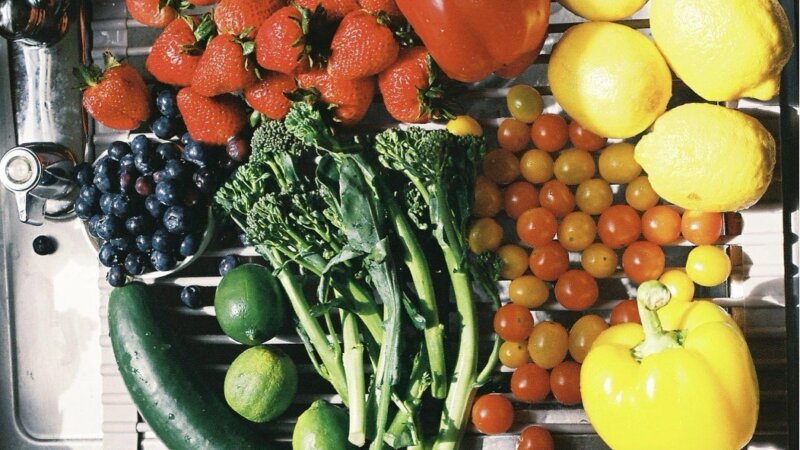Transformation Talks Session 2: Deep Dive into Food Systems Governance Innovation

On 13 December, the second session of Transformation Talks about the Food Systems Governance Opportunity in South Sudan took place. This second (of three) sessions took a deep dive into three practical cases of ongoing attempts to transform South Sudanese food systems through food systems governance interventions.
Download PowerPoint presentations
The session began with a recap of the previous Transformation Talk by Rojan Bolling (view the report, presentations and recording of the first session here). The recap revisited the opportunity statement around food systems governance, and the theory behind food systems transformation to prepare participants for three case-focused working groups.
Cases: Food Systems Governance Innovation
In the working groups, case owners presented their cases and then dove deeper to get a joint understanding of how the cases can be understood through the lens of food systems transformation. Participants worked together to identify the ‘regime’ their ‘niche’ innovations were trying to influence, finally identifying what transformative strategies the cases were implementing.
Budget monitoring - Child Rights Coalition
This case of food systems governance innovation comes from the Right to Grow coalition. For more information, please see the programme website.
Changing the food systems regime: through monitoring the South Sudanese national budget on food security, nutrition and WASH, ensure that budget allocation leads to service provision to local communities by the government instead of by the international aid sector.
Transformation that can be observed: as South Sudan’s economy is changing from a security-based to a new kind of economy the government has allocated increased budgets for food security and nutrition; communities have increased awareness of their ability to engage with decision makers; Parliamentarians find budget monitoring to be an effective tool as it increases their awareness and ability to act through an evidence-based approach - they have requested training to be able to better monitor the budget themselves.
Transformation strategy used: (strengthen capacities of CSOSs to) analyze the government budget to understand how legislature translates into budgets, track this expenditure and see if it reaches communities; combined with advocacy towards the government to ameliorate any budget gaps.
You can access the national budget monitoring policy brief discussed in the case here.
Seed sector transformation - IFDC & KIT
This case of food systems governance innovation comes from the A3SEED programme. For more information, please see the programme website.
Changing the food systems regime: by increased access to local, high quality seeds increase production of farmers and move away from low quality, imported seeds distributed through aid programming.
Transformation that can be observed: state governments in Rumbek and Yambio have banned seed imports, resulting in replacement of imported seeds with locally produced seeds by NGO programming - resulting in increased production.
Transformation strategy used: strengthen the seed sector by creating a network of businesses along the seed value chain to create the right incentives and enabling environment; embedding extension and awareness campaigns (demonstration plots, learning events, farm visits, exchange visits); and conducting research on the impacts of seed aid versus locally produced seed as a basis for evidence-based advocacy towards state governments.
You can access the research on seed aid governance discussed in this case here.
State level food systems resilience pathways - University of Juba & Wageningen University, Center for Development Innovation
This case of food systems governance innovation comes from the FNS REPRO programme. For more information, please see the programme website.
Changing the food systems regime: through building a multi-stakeholder agenda for food systems resilience at state level the innovation intends on the one hand to support the transformation agenda of the South Sudanese government; while on the other hand it influences the aid architecture - changing mindsets and methods to bring more development actors into fragile spaces supported by a suitable funding structure for the Humanitarian-Development-Peace nexus.
Transformation that can be observed: by developing a longer term vision for resilient food systems with a wide range of stakeholders space and opportunity has opened up to think about longer term objectives and strategies and how value chain development and agrifood enterprises can contribute to resilience of the food system; more broadly in the aid sector, inclusion of peace strategies in interventions has moved from ‘nice to have’ to essential.
Transformation strategy used: building a multi-stakeholder coalition around the food systems resilience agenda (in line with national priorities) by developing a common food systems resilience agenda; then embedding this agenda into food systems resilience hubs at local universities where actors can continue to come together to operationalize this pathway.
You can access the reports on the state level food systems resilience pathways discussed in this case here.
Plenary summary and take-aways
Please view the video below for a recap of the case discussions.
In conclusion, two participants share their final reflections on the session of today, both capturing different aspects of how to engage the South Sudanese government in food systems transformation.
Firstly, at national level it is easy to fall into the trap of working in siloes - far away from the local reality. From the discussion on budget monitoring we can see that engaging with the government is more effectively done from the bottom up, with communities. This way it is more locally driven, sustainable and starts with the right actors at the table.
Secondly, the seeds sector transformation discussion shows that gaining support of the government makes the food systems transformation task much easier and much more effective. Transformation involves a lot of actors, doing a lot of different things, which is more easily coordinated when there is buy-in and commitment from government actors. However this does not need to start at national level. Good practices at state level can lead to inspire action in Juba.
Moving from insights to action
So now that we have seen what food systems governance interventions look like in practice, how can we align, support and contribute to this transformation?
The third and final session of the Transformation Talks, from insights to action, will focus on defining actions and strategies to support transformative change in South Sudan’s food system. First and foremost by defining how food systems governance interventions can be supported, embedded, scaled up.
For more information see our community page Food Security and Stability, or reach out to our Knowledge Brokers Rojan or Ruth.
Authors

Rojan Bolling
Knowledge broker

Ruth van de Velde
Partnership Builder



